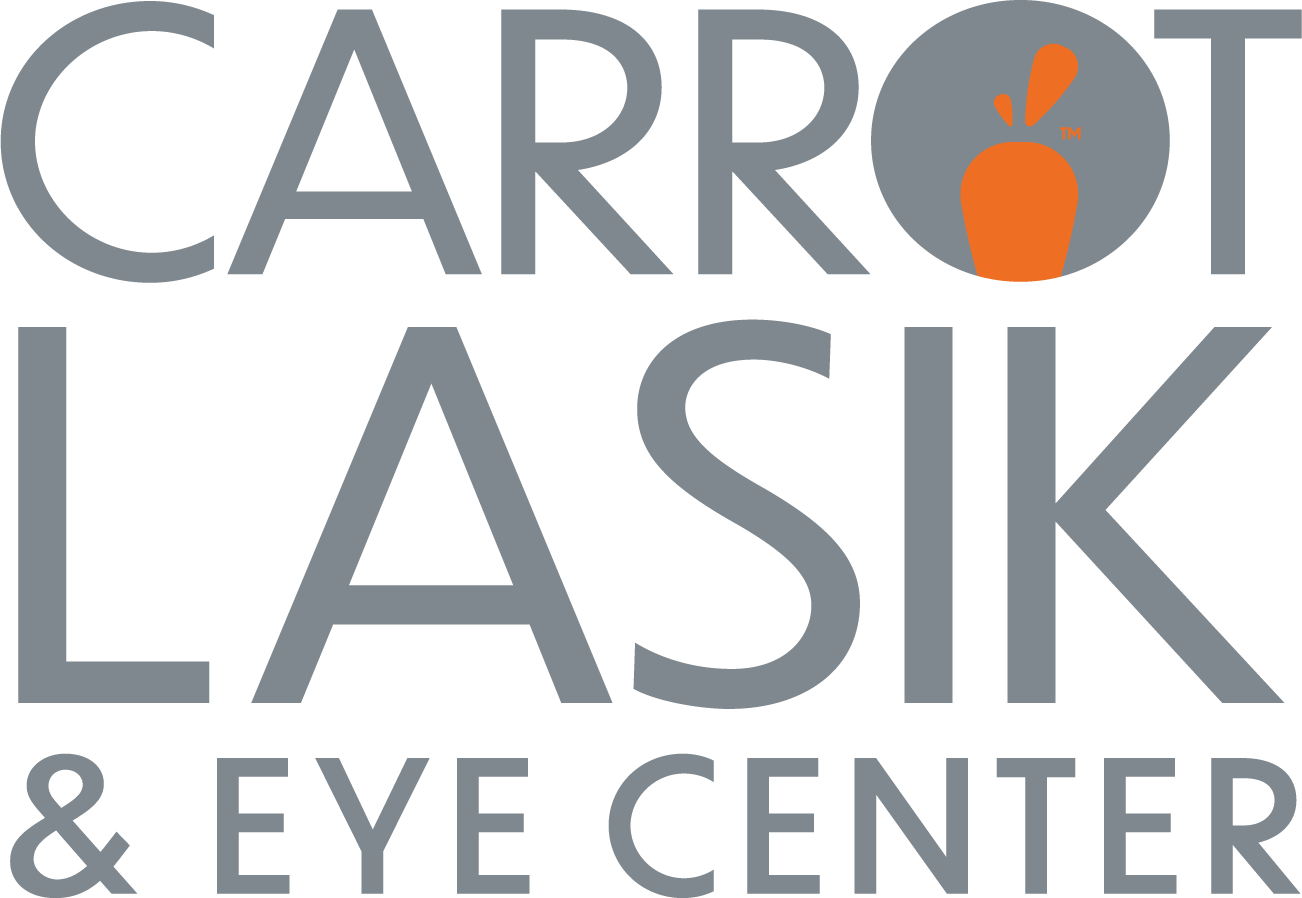Disclaimer
Before we get into the nitty gritty of eye emergencies, I want to start off by saying that this post is not seeking to give any medical advice on any medical conditions you, or someone you know, may be experiencing. It is imperative that you always contact your physician, whether it be your optometrist, ophthalmologist, or any other healthcare provider, if you are experiencing any of the symptoms in this post. Likewise, if you are experiencing any symptom that you are worried may be life-threatening, please contact emergency services right away. At Carrot LASIK and Eye Center, we are always seeking to provide the best quality care possible, and in order to do so, Dr. Herion or Dr. Hammond must see you in person if you are experiencing any eye health emergency to be able to properly diagnose and treat you. If you have any questions or concerns about your eye health, please feel free to call our office and we will get you in as soon as possible so we can ensure you are taken care of. Now, let’s get into it!
Eye Emergencies: When to Go, and Who to See.
Like any other part of the human body, the eye can sustain many different types of injuries, harm, and can succumb to many different diseases and conditions, whether that be through an accident, lifestyle, or otherwise. As many people with healthy eyes only see their eye care professional once a year, there are many patients that come through our office that are unsure of what to do when they are facing a potential eye emergency. Before we dive into what types of conditions require which care, and by which type of doctor, it is important to understand the field of eye care, and what they can and cannot do for you as a patient.
What is an Eye Care Professional?
Before starting my career in the eye care field, I can honestly say that I rarely visited an eye care professional (Don’t worry, I’m better educated now!), that is until my mom was diagnosed with a rare retinal condition that has caused her to lose much of her vision, It wasn’t until I realized the importance of receiving annual eye health exams, even with my good vision, to ensure that I am not missing signs of any diseases or conditions, whether they are reversible or not. Now, there are two types of physicians in the eye care world that patients can see regarding their eye health, being optometrists and ophthalmologists. Although their titles may sound somewhat similar, and while some of their scopes of practice overlap each other, they are in fact two very different career paths, with a very important distinction; Ophthalmologists are board certified surgeons, M.D.s, while optometrists are not qualified to perform any type of surgery, and they are considered Doctors of Optometry. So why does this distinction matter when choosing what doctor to see with an eye emergency? Truth be told, it can make a world of difference in some cases! Optometrists can treat certain emergency conditions, such as corneal abrasions, small foreign bodies in the eye, allergies in the eye, and other non life-threatening conditions that do not require surgical intervention. Along with performing your routine eye exam for both glasses and contact lenses, optometrists are equipped to help patients fairly extensively when it comes to their eye health, unless the eye condition, emergency, or disease requires further treatment or surgery. This is where an ophthalmologist may be required.
Education: Optometrists vs. Ophthalmologists
While optometrists spend an average of seven-to-eight years receiving their education on the human eye, starting with a Bachelor’s degree in specified fields, then a 4-year optometry program, ophthalmologists have a much longer road ahead of them when it comes to education and training. Ophthalmologists are not only required to have completed a Bachelor’s degree, usually in Pre-Medicine or a related field, followed by completing four years of medical school, and finishing up with four-to-five years of additional specialized training, possibly more, if they are seeking to specialize in a specific part of the eye. So, as you can see, although both optometrists and ophthalmologists can treat the human eye, there is quite a big difference in the time and education that goes into becoming an ophthalmologists, and therefore being able to treat more complex and surgical cases in regards to the human eye. While both types of physicians are well-qualified and well-educated in their field, it is important for us as patients to become well-educated when it comes to our own eye health, and what we can do when it comes to seeking treatment for any eye-related issue.
What Can an Optometrist Help Treat?
As I stated before, optometrists are quite capable of treating certain kinds of eye emergencies, eye conditions, and eye diseases, depending on the office the doctor is practicing in. There are some optometry offices that may choose to only perform routine eye exams and not treat patients for medical eye conditions, such as eye diseases or eye emergencies, so it is important to keep that in mind if you are seeking to find an eye care professional that can help you with your eye emergency or needs. That being said, many optometrists can help you with the following eye emergencies and conditions:
- Redness, itching, swelling and tearing of the eye
- Swollen eyelids
- Foreign body sensation, including removal of small objects in the eye
- Shingles virus in the eye
- Corneal abrasions, or scrapes on the surface of the eye
- Sudden loss of vision, such as “black curtain” appearing in your vision (Although this may require further treatment from an ophthalmologist)
- Management of eye diseases and conditions such as Glaucoma, Age-Related Macular Degeneration, and Diabetic Retinopathy
Now, while an optometrist can help manage and treat the above conditions, it is important to understand that some of these issues, such as corneal abrasions, sudden loss of vision, and disease such as Diabetic Retinopathy often require further evaluation, management, and treatment by an ophthalmologist, as they can lead to more complicated eye issues, such as blindness. That being said, for issues such as dryness on the surface of the eye, itching and redness, and swollen lids, these conditions can often be evaluated, treated, and managed by an optometrist without having to seek further attention from other eye care professionals, or specialists. So, why would a patient choose to seek care from an ophthalmologist first, rather than going to see their regular optometrist first? Let’s take a look at several reasons why!
What Can Your Ophthalmologist do for You?
As I stated earlier, there are some conditions, such as corneal scratches and abrasions, that can become more complicated rather quickly, so it is sometimes best to seek care immediately from an ophthalmologist, as they will likely have more access to more in-depth treatments, or even the ability to operate on the eye, if the case is that severe. Now, it is also important for us as patients to understand our own medical insurance coverage, as there are insurance companies that do require a prior authorization from a primary care professional before seeking care from a specialist, like an ophthalmologist. That being said, if you are experiencing what you believe to be an eye emergency, it is imperative that you seek care as soon as you can. Along with all of the conditions that optometrists can diagnose and treat, ophthalmologist also have a greater scope of practice when it comes to diagnosing, treating, and managing eye conditions and emergencies, including some of the following:
- Access to diagnostic testing, such as Optical Coherence Tomography, Fluorescein Angiography, fundus photography, and more
- Ability to administer medications, such as intravitreal injections (injections done into the eyeball for conditions like Age-Related Macular Degeneration)
- Access to surgical equipment and staff that can handle emergency cases, such as a large foreign body in the eye, or retinal detachment
- More specialized knowledge about certain parts of the eye that often become damaged, such as the cornea and retina
To put it simply, ophthalmologists can perform the duties of an optometrist, while also going beyond to be able to perform more in-depth medical procedures, including surgeries such as repairing retinal detachments, performing cornea transplants, removing large foreign bodies from the eye, and even to the extreme of enucleations, which is the removal of the eye. Although there are many cases in which your regular optometrist can help you with your eye emergencies or issues, there are some conditions and emergencies that require more specialized care, which only an ophthalmologist can provide. Now, that leaves us with another form of healthcare; Emergency Rooms.
Emergency Room: When to Go?
Now, it’s possible that some of you are wondering, “When should I go to the hospital or urgent care with an eye emergency?”, and that is a great question! I know that it can be frightening when faced with any type of medical emergency, especially when it comes to our eyes and vision. That being said, there are times when it would be more effective (and cost you far less time and money) to see an ophthalmologist, rather than heading to the ER or urgent care. So, let’s start with going over what conditions you should go straight to the ER with:
- Large foreign body lodged in eye, such as a fish hook, nail, or any other large object (Do not try to remove the object on your own)
- Severe chemical burns, especially if they are located in other areas besides the eye
- A terrible headache that is affecting your vision
- A fracture to the face that may have caused the eyeball itself to be damaged
Along with the above issues, it is also important to use your best judgment, as you are the one who knows your body better than anyone. One thing to consider when deciding who to see for medical care regarding your eyes, is to decide if it is an urgent condition, meaning one that should be taken care of sooner rather than later, or an emergent condition, one that must be taken care of immediately to save vision, life, or limb. For example, if you know you suffer from seasonal allergies, and you have noticed that your eyes have been red and itchy for several days, and it does not seem to be going away with oral allergy medication, this would be an appropriate time to make an appointment with your optometrist or ophthalmologist for their next available appointment. On the other hand, if you are on a construction site and find yourself with any foreign object in your eye, such as a nail or any other material, that would be the time to seek immediate and emergent medical attention, as this can lead to permanent vision loss. Although this may seem like a lot of information to remember, just know that if you are ever in doubt of what to do, you can call your local optometrist, urgent care or emergency room, or give us a call here at Carrot, and we will help you!
Carrot is Here for You!
All of this to say, you should never feel as if your concerns about your eye health are unimportant, or not severe enough to an eye care professional. As our doctors like to say, “It’s better to come in and it be nothing, than not come in, and it turns out to be something more serious.”. At Carrot, our staff will always utilize the most up-to-date technology, knowledge, and patient care standards to ensure that we get to the bottom of your eye health concerns, from allergies, to helping diabetic patients with Diabetic Retinopathy, to diagnosing and treating conditions like Age-Related Macular Degeneration. Whatever your concerns may be, know that Dr. Hammond, Dr. Herion, and the entire Carrot staff are here for you and your eye care needs!




